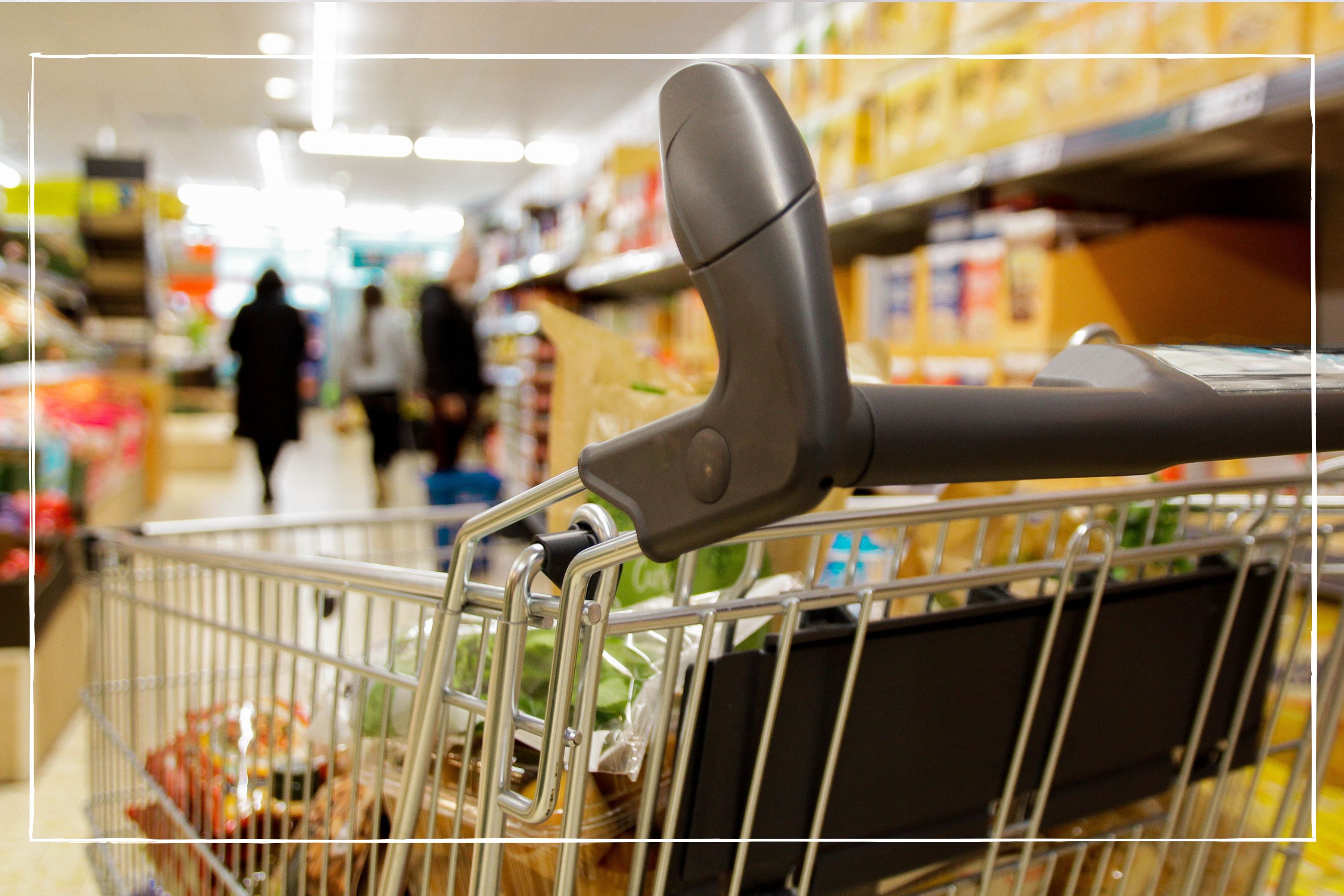What does inflation mean and why does it happen?
Wondering what inflation means? You're not alone. Our money expert breaks it down

Sarah Handley

Parenting advice, hot topics, best buys and family finance tips delivered straight to your inbox.
You are now subscribed
Your newsletter sign-up was successful
This article has been updated to reflect the latest inflation and Bank of England interest rate figures.
We all know prices are going up due to inflation – but what does inflation mean and what impact does it have?
With costs going up all around us, families are understandably concerned over how much their energy bills will cost, how to save money on food and looking for ways to save on petrol and diesel costs, but it's important to understand the underlying causes of the rising prices as well as how to combat them.
Adrian Lowery, financial analyst at UK wealth manager Evelyn Partners, said: “The soaring price of groceries is a major concern as, alongside the explosion in energy prices, it is wiping out the monthly household budgets of those on lower incomes."
And while inflation remains high, it's important to understand what inflation means and how it can affect your money.
What does inflation mean?
Inflation, essentially, is the change in prices over time. Right now, the inflation rate is 7.9%. This is based on prices in the 12 months to June 2023 and is down from the 41-year high of 11.1% in the 12 months to October 2022. This means we’re paying, on average, 7.9% more for the goods and services we buy than we were at the same time last year.
The inflation rate, also known as the Consumer Prices Index, is the measure used to work out how much prices have gone up or down by.
Parenting advice, hot topics, best buys and family finance tips delivered straight to your inbox.
Every month, the number crunchers at the Office for National Statistics (ONS) check prices across an extensive range of goods and services to produce one overall inflation figure. This overall figure covers the rising cost of everything from your weekly food shop to the cost of filling up your car and household bills like energy and insurance.
The ONS checks the prices across 700 goods and services – items that most households typically buy – including food, clothing and household items to work out if we’re paying more for these items than we did at the same time last year.
Over 180,000 prices are checked across 140 UK locations as well as online and by phone to get the most accurate and up-to-date pricing.
But with prices continuing to rise, and inflation predicted to rise again before the end of the year, family finances being squeeze further and further.
Why does inflation happen?
Inflation happens because the price of goods and services go up. This can be due to the cost of producing or making certain items. Take furniture for example. If materials are coming from overseas and transport costs have gone up, this can increase the price tag.
Inflation can also occur due to a surge in demand for certain items, say if something is in short supply, then prices may go up simply because people are willing to pay more for it. This is part of the reason energy prices are going up.
Why is inflation so high?
There’s no one single reason why inflation is so high right now, rather it's a combination of factors that is pushing prices up.
We’re paying more than ever for our gas and electricity because the wholesale price (the price at which energy suppliers buy their energy) has gone up due to the conflict between Russia and Ukraine, as well as increased demand as we came out of lockdown. The war in Ukraine is also pushing petrol prices higher, and they recently hit record levels.
Food prices are also going up. This is partly due to the war in Ukraine affecting the cost and production of grain, but food prices are also impacted by rising energy costs, adverse weather conditions and labour shortages. This means many of us expected to be paying nearly hundreds of pounds a year more for the same trolley load over the next year.
However, while the current 7.9% inflation rate is high, it has gone higher in the past. It peaked at 25% back in the 1970s.
What happens when inflation rises?
Depending on whether the inflation rate stays steady or jumps up will have an effect on how far your money goes.
When inflation is high, you get less for your money as prices go up. At best, this means that you have less disposable income to spend on wants rather than needs at the end of each month. For others, rising prices can cause serious money worries, especially if families don’t have enough money to cover necessities. But there is extra support from the government this year for the most vulnerable households, including low-income families.
Les Cameron, savings expert at M&G Wealth, says: “Inflation will hit people in various ways, so depending on your age and lifestyle your reality may seem wholly different,”
“Those spending a lot of time at home may feel they are experiencing much higher inflation, with increased energy and food prices and, for many, the dramatic rise in the cost of fuel is taking its toll”.
Why do interest rates rise with inflation?
Interest rates often rise with inflation as a way to curb rising prices. If interest rates go up, it costs more to borrow money on everything from mortgages to loans and credit cards. The result is that people are likely to spend less.
“This is a deliberate strategy by the Bank of England to slow down the economy and take some of the steam out of the inflation engine”, says investment expert Rob Burgeman.
Interest rates are set by the Bank of England, and are also called the bank rate or the base rate. Any change the Bank of England makes to its base rate – which is now at 5% – filters through to the mortgage, loan and credit card rates charged by banks and building societies. This ultimately means you will pay more to borrow money and, in turn, have less spare cash to spend.
While any interest rate rise initially affects mortgage borrowers who are paying their lender’s Standard Variable Rate (SVR), even those on fixed deals may find mortgage rates have gone up when their current deal ends and they look to shop around for a new one.
- Sarah HandleyMoney Editor, GoodtoKnow
